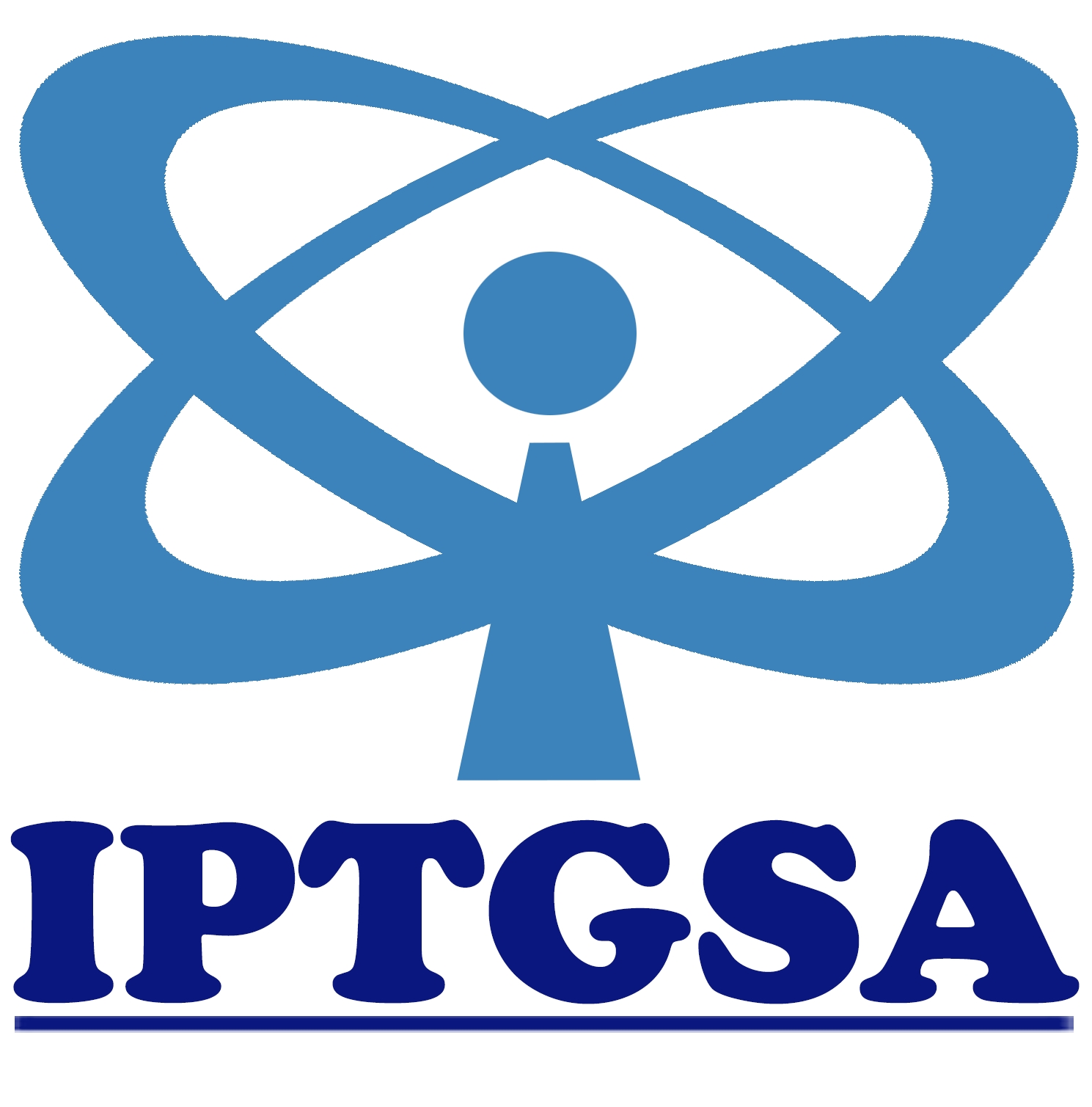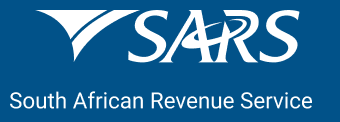In South Africa, Value-Added Tax (VAT) is a consumption tax levied at a standard rate of 15% on most goods and services, including those within the tourism industry. However, specific VAT regulations apply to various aspects of tourism services, particularly concerning foreign tourists and the structuring of tour packages.
VAT on Services to Foreign Tourists:
- Standard-Rated Services: When South African tour operators provide services directly consumed by foreign tourists within the country—such as accommodation, restaurant bookings, and local tours—these services are subject to VAT at the standard rate of 15%. This applies even if the payment is made by a foreign entity, as the actual consumption occurs within South Africa.
- Zero-Rated Services: Services may qualify for zero-rating (0% VAT) if they are supplied to a non-resident and are not consumed in South Africa at the time the service is rendered. For instance, if a South African business arranges a tour package for a foreign tourist while both the business and the tourist are outside South Africa, the service fee or commission charged can be zero-rated. However, if the arrangement occurs within South Africa, the standard rate applies.
VAT Refunds for Foreign Tourists:
Foreign tourists are eligible to claim refunds on VAT paid for goods purchased in South Africa, provided these goods are exported within 90 days from the date of purchase. The VAT Refund Administrator (VRA) manages this process, and claims must be submitted at designated commercial ports upon departure. It's important to note that VAT refunds apply only to goods taken out of the country, not to services consumed within South Africa.
Compliance for Tourism Businesses:
Tourism-related businesses in South Africa must adhere to VAT regulations by:
- Registration: Businesses with an annual turnover exceeding ZAR 1 million are required to register for VAT. Those with turnovers between ZAR 50,000 and ZAR 1 million may opt for voluntary registration.
- Accurate VAT Application: It's crucial to apply the correct VAT rates to services and goods provided to avoid penalties. Misapplication can lead to either overcharging clients or incurring unexpected tax liabilities.
- Record-Keeping: Maintaining detailed records of transactions, VAT charged, and VAT paid is essential for compliance and for facilitating any potential audits by the South African Revenue Service (SARS).
Given the complexities of VAT regulations in the tourism sector, especially concerning services provided to foreign tourists, it's advisable for businesses to consult with tax professionals or refer to official SARS guidelines to ensure full compliance.
In South Africa, the Value-Added Tax (VAT) Act provides for certain tourism-related services to be zero-rated (0% VAT) under specific conditions. According to Section 11(2)(l) of the VAT Act, services supplied to non-residents may qualify for zero-rating, provided they are not rendered to the non-resident or any other person while they are in South Africa. This means that if a service is supplied to a non-resident who is outside the country at the time the service is rendered, and the service is not directly connected to any person or property in South Africa, it may be zero-rated.
For example, if a South African tour operator arranges a tour package for a foreign tourist while both the operator and the tourist are outside South Africa, the service fee or commission charged can be zero-rated. However, if the arrangement occurs within South Africa, the standard VAT rate applies.
It's important to note that services physically rendered to non-resident tourists during their stay in South Africa, such as hotel accommodation or restaurant bookings, do not qualify for zero-rating and are subject to the standard VAT rate.
Therefore, while certain tourism-related services can be zero-rated, the applicability depends on factors such as the location of the service provider and recipient at the time the service is rendered, and the nature of the service provided.

